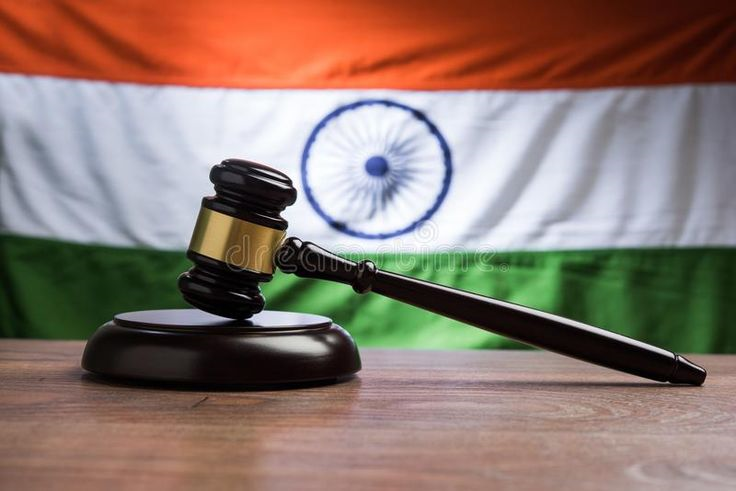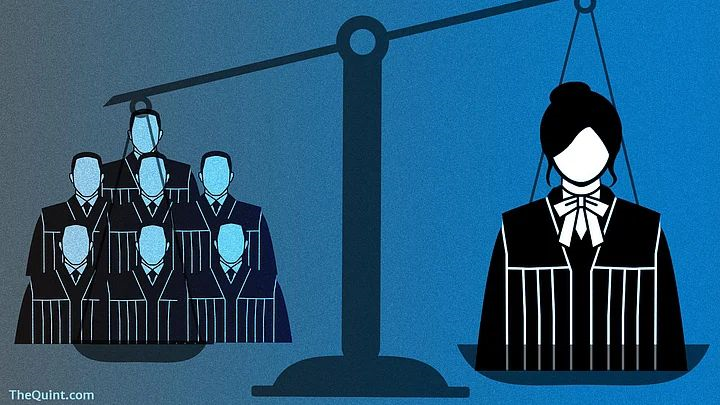Understanding the Concept
The Doctrine of Immunity of Instrumentalities is a constitutional principle that emerged primarily in the United States, where the federal and state governments were considered sovereign within their respective spheres. According to this doctrine, the instrumentalities (organs, agencies, or institutions) of one level of government could not be subjected to tax or control by another level, as doing so would interfere with governmental functions. The doctrine aimed to protect the independence and efficiency of government machinery and ensure that one sovereign authority did not undermine the functioning of another. Thus, the central idea was that “one sovereign cannot tax or impair the instrumentalities of another sovereign.”
Indian constitutional law has often drawn from foreign jurisprudence, especially during the post-colonial development of constitutional doctrines. However, the Indian Constitution does not fully adopt the doctrine in the absolute sense. Instead, it provides limited immunity in certain areas and permits intergovernmental taxation and regulation, subject to constitutional checks. Therefore, the doctrine’s application in India is qualified, not absolute.
Constitutional Provisions Affecting Immunity in India
In India, the relationship between the Union and the States is cooperative yet hierarchical, as reflected in the Constitution. The relevant provisions concerning immunity include:
- Article 285 – It exempts the property of the Union from all State taxes unless Parliament specifically allows such taxation.
- Article 289 – It exempts the property and income of a State from Union taxation except when the property is used for commercial purposes.
These provisions show that the immunity is not inherent, but rather constitutionally structured. Unlike the absolute immunity doctrine in the United States, where taxation restrictions were broader, Indian constitutional immunity is conditional and subject to interpretation by courts.
The Supreme Court of India has clarified that instrumentalities of the State, such as public corporations, statutory bodies, and public sector undertakings, do not automatically enjoy immunity simply because they perform governmental functions. Their immunity depends on the nature of the activity, the purpose of the institution, and whether the activity is governmental or commercial in character.
This interpretation aligns with the broader constitutional objective under Article 14 (equality before law) and Article 265 (no tax shall be levied except by authority of law), ensuring that immunity does not become a tool for unjustified privilege.
Judicial Interpretation and Scope of the Doctrine
The Supreme Court of India has dealt with the doctrine on several occasions to determine when government instrumentalities should be subjected to taxation or regulation.
In State of West Bengal v. Union of India (1962), the Court held that the Union and the States are not sovereign in the international sense and therefore cannot claim absolute immunity against each other. The Constitution defines their powers, and both must operate within their constitutional boundaries.
In New Delhi Municipal Council v. State of Punjab (1997), the Court upheld that immunity under Article 289 would apply only when the property is used for governmental functions, not when used for profit or trade. Thus, if a State runs a business enterprise, it may be subjected to taxation like any private business.
Similarly, in Union of India v. State of U.P. (2007), the Court reiterated that public sector undertakings, even if government-owned, cannot claim blanket immunity unless they are directly performing sovereign functions.
Through these rulings, Indian courts have effectively narrowed the scope of the doctrine, ensuring greater accountability of governmental bodies and preventing undue financial privileges.
Does the Doctrine Apply in India?
The doctrine does apply in India, but in a limited and modified form. India has not adopted the American version of complete mutual immunity. Instead:
- Immunity is specifically provided in the Constitution (Articles 285 and 289).
- Immunity is conditional, not automatic.
- Immunity applies only to governmental or essential sovereign functions.
- Commercial or profit-oriented activities conducted by the State or its instrumentalities do not enjoy immunity.
This approach maintains a balance between ensuring the functional autonomy of governmental bodies and preventing misuse of public institutions to escape legal or financial obligations.
Additionally, the rise of State-owned enterprises, public-private partnerships, and corporate forms of administration has made it necessary for the law to ensure that instrumentalities do not use governmental identity as a shield against compliance and fair economic competition.
Thus, the Indian position is pragmatic and consistent with modern governance needs.
Mnemonic to Remember the Answer
Use the mnemonic: “C-L-A-P-S”
C – Conditional Immunity, not absolute
L – Limited by Articles 285 & 289
A – Activity-Based (government vs. commercial)
P – Public interest and accountability prioritized
S – Supreme Court balances and interprets scope
About lawgnan
Deepen your understanding of the Doctrine of Immunity of Instrumentalities under the Indian Constitution. Learn how Articles 285 and 289 define and limit intergovernmental immunity, ensuring accountability and fairness in taxation and governance. Explore landmark cases such as State of West Bengal v. Union of India and NDMC v. State of Punjab that shaped this doctrine. Perfect for law students, UPSC aspirants, and legal professionals seeking conceptual clarity on federal relations and constitutional law. Visit Lawgnan.in today to master essential constitutional doctrines with simplified explanations and expert insights.




